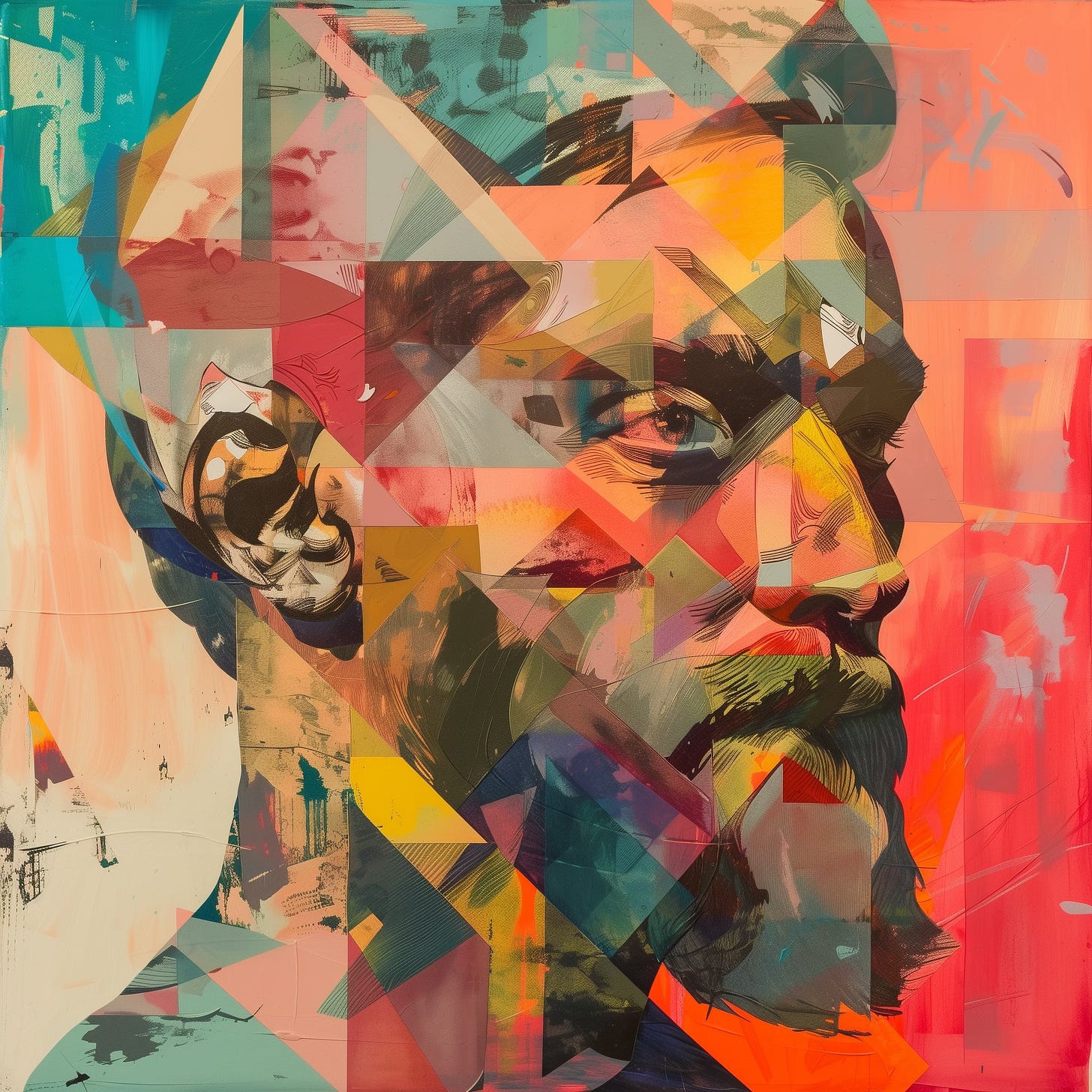How to Be a Polymath
Skip to the section titled “The Desire to Be Interested” if you want a quicker answer.
Synonymity
A reputation rests on a salient trait. It needn’t be constrained to only one quality, but it usually is. People like simplicity in general. For example, I often laugh at the tendency of people in my country to reduce every name to something monosyllabic. One particularly illogical example was of someone called Paul. Yes, as you’ve already noticed, you can’t reduce the name Paul to less syllables, but that didn’t stop us. The first step was giving him the nickname “PJ”. After that, it became what is pronounced as “Peej”. Job done. I might, over the next few weeks, start asking people what they’d like to be known for, what part of them stands tallest or what part they wish others would see the clearest. For now, I’ll simply talk about my own.
In my younger years I discovered a three-part documentary about Leonardo da Vinci. Since then I’ve tried, without success, to find a high-quality version of it somewhere online. It cut between historians and biographers discussing da Vinci and a dramatised portrayal of him. I was struck immediately by how convincing the actor who played him was. It was many years later that I’d come to recognise it was in fact Mark Rylance, very much an “actor’s actor” for most of his career, but now a deserving Oscar winner too.
Da Vinci’s daily life seemed idyllic and filled only with projects his curiosity dictated. His notebooks, seemingly infinite, catalogued many of his to-do lists which included some of the following eclectic gems:
Obtain a skull
Get books on anatomy bound
Observe the holes in the substance of the brain
Describe the tongue of the woodpecker and the jaw of a crocodile
Give the measurement of a dead man using his finger as a unit
Draw Milan
Find a master of hydraulics and get him to tell you how to repair a lock, canal and mill in the Lombard manner
[Examine] the Crossbow of Maestro Giannetto
[Ask about] the measurement of the sun promised me by Maestro Giovanni Francese
Da Vinci was a scientist, writer, engineer, musician, architect, political advisor, mathematician, sculptor and so much more. He also did some painting. He created the most famous painting in history and it was… kind of a side hustle. Being a painter was not the most exalted profession at the time. He himself did not hold that skill too highly either when it came to marketing his abilities. He built war machines (with reluctance), a suit to allow people to swim underwater, a (now famous) flying machine and figured out why the sky was blue. When Leonardo da Vinci dissected the heart of a 100-year-old man who had recently died, he produced the first known description of coronary artery disease. More than 500 years later, this disease is one of the most common causes of death in the Western world.
There are countless examples like this, of da Vinci discovering or inventing something long before anyone else came close to doing so. But so much of what he did and knew was lost for a long time. Because his diaries were uncovered so long after his death, many of the insights and revelations within them had already been arrived at by other great individuals of history in the meantime. To me, it is one of the most painful ironies that da Vinci’s discoveries, inventions and insights are far less significant in their impact than they ought to have been — had those diaries only been embraced sooner.
The documentary and the subsequent deep dive into da Vinci introduced two terms to me: “Renaissance Man” and “Polymath”. Yes, that was it. That’s what I wanted to be. If I was to have any synonymity (i.e. to be synonymous with something) I would want to be known as someone who was “good at many things.” Such lofty aspirations are far more common in youth. I cringe slightly now to think of it. Time brings with it many burdens, not least of which is the knowledge of all the things you’ll never be able to do. But it is still my desire.
So how do you become a “polymath”? Allow me in sheer unqualification to tell you…


